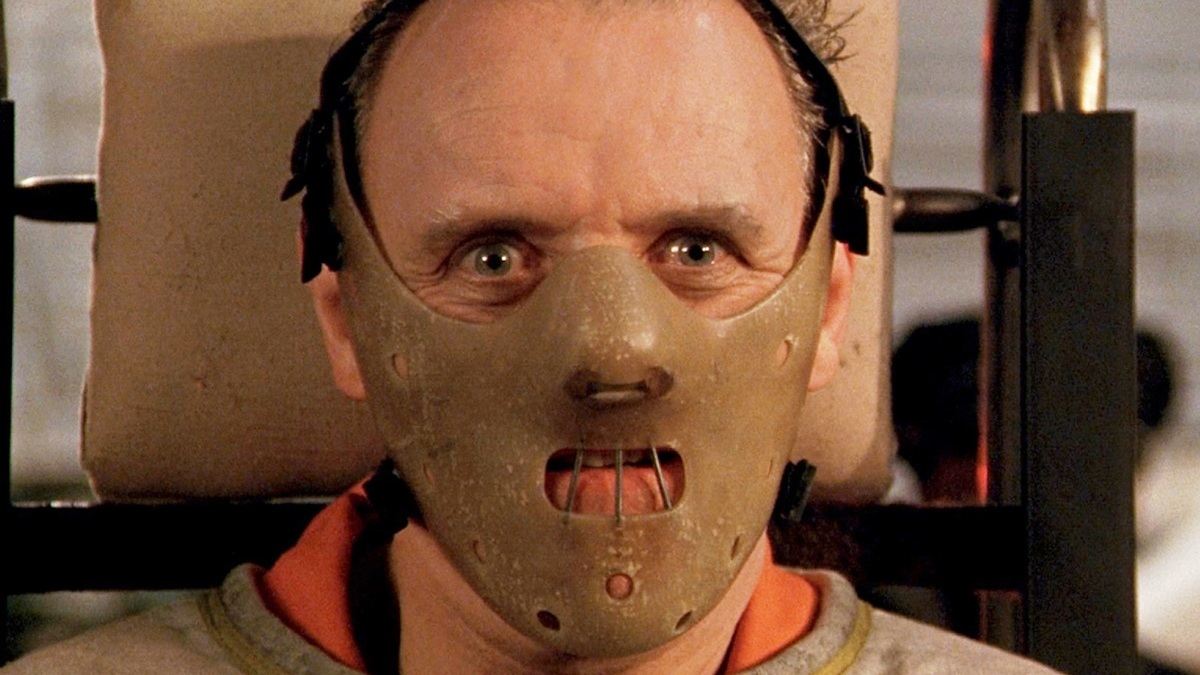Table of Contents
The Silence of the Lambs (1991)
The Impact and Legacy of the Hannibal Lecter Franchise
The Hannibal Lecter franchise, based on the chilling novels by author Thomas Harris, has captivated audiences worldwide with its portrayal of the brilliant yet cannibalistic serial killer, Dr. Hannibal Lecter. Whether you're new to the series or looking to revisit the dark and intriguing world of Hannibal, this guide will walk you through watching the Hannibal movies in both chronological order and order of release.
Here's the chronological order of the Hannibal Lecter movies:
| Title | Year | Amazon Link |
| Hannibal Rising | 2007 | Rent/Buy Movie |
| Red Dragon | 2002 | Rent/Buy Movie |
| The Silence of the Lambs | 1991 | Rent/Buy Movie |
| Hannibal | 2001 | Rent/Buy Movie |
Now, let's explore each film in detail, including the prequel and the original trilogy.
Hannibal Rising (2007)
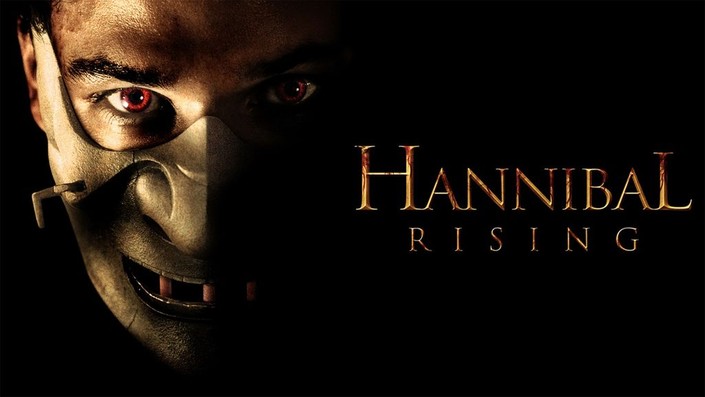
"Hannibal Rising" serves as a prequel to the Hannibal Lecter franchise, exploring the origins of the titular character. Set in the aftermath of World War II, the film follows a young Hannibal Lecter as he seeks revenge for the brutal murder of his family.
Directed by Peter Webber, the movie stars the late Gaspard Ulliel in the titular role of young Hannibal. The cast also includes Rhys Ifans as Vladis Grutas, the main antagonist, and Gong Li as Lady Murasaki, Hannibal's uncle's widow who becomes his mentor and confidante.
The film delves into Hannibal's traumatic childhood experiences during World War II and his time in medical school, providing insight into the events that shaped him into the complex character we come to know in the later films. It explores themes of revenge, trauma, and the blurred lines between justice and vengeance.
Red Dragon (2002)
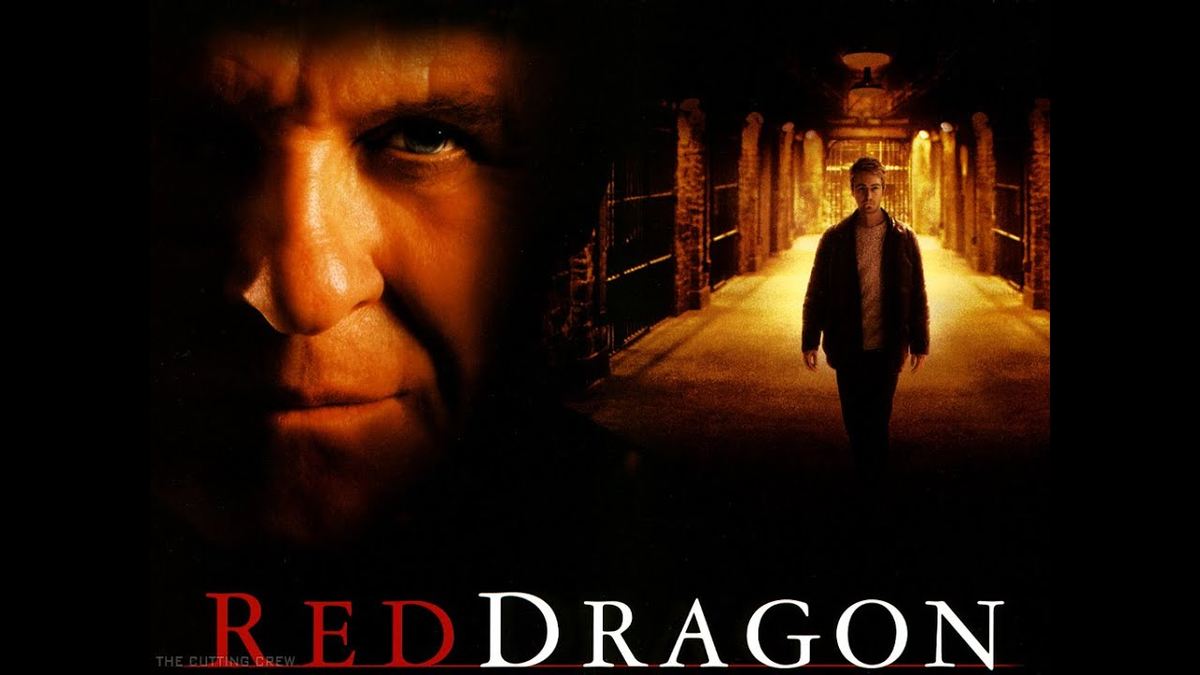
"Red Dragon" is a remake of the 1986 film "Manhunter" and serves as a prequel to "The Silence of the Lambs." Directed by Brett Ratner, the film is based on Thomas Harris's novel of the same name and introduces us to FBI profiler Will Graham, played by Edward Norton.
The story follows Graham as he comes out of retirement to hunt down a new serial killer known as the "Tooth Fairy," played by Ralph Fiennes. To catch the killer, Graham must seek help from his old nemesis, Dr. Hannibal Lecter, portrayed by Sir Anthony Hopkins reprising his iconic role.
"Red Dragon" features a star-studded cast, including Harvey Keitel as Jack Crawford, Emily Watson as Reba McClane, and Philip Seymour Hoffman as sleazy tabloid journalist Freddy Lounds. The film explores the complex relationship between Graham and Lecter, delving into their history and the psychological toll of Graham's ability to empathize with killers.
The Silence of the Lambs (1991)
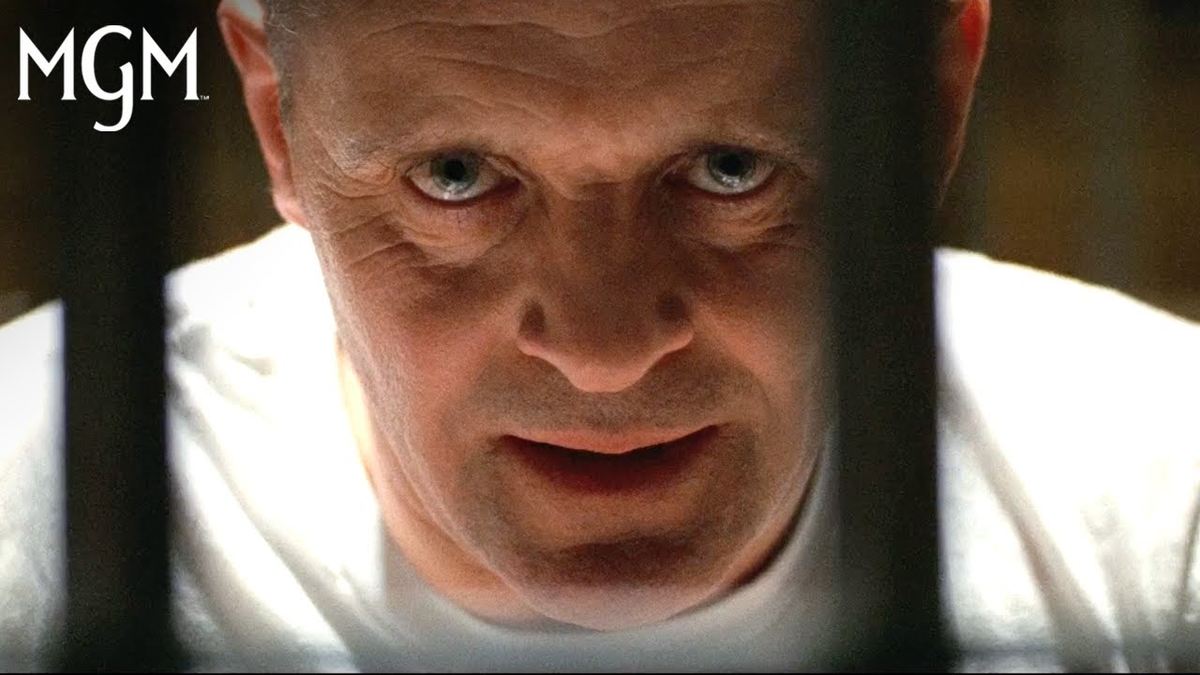
"The Silence of the Lambs" is arguably the most famous entry in the Hannibal Lecter franchise and a true cult classic. Directed by Jonathan Demme, this psychological horror film stars Jodie Foster as Clarice Starling, a young FBI trainee who seeks the help of imprisoned Dr. Hannibal Lecter (Anthony Hopkins) to catch another serial killer known as "Buffalo Bill" (Ted Levine).
The film was a critical and commercial success, becoming only the third movie in Academy Awards history to win Oscars in all the top five categories: Best Picture, Best Director, Best Actor (Hopkins), Best Actress (Foster), and Best Adapted Screenplay. It's also notable for Hopkins' chilling performance as Lecter, despite appearing on screen for only about 16 minutes.
Hannibal (2001)
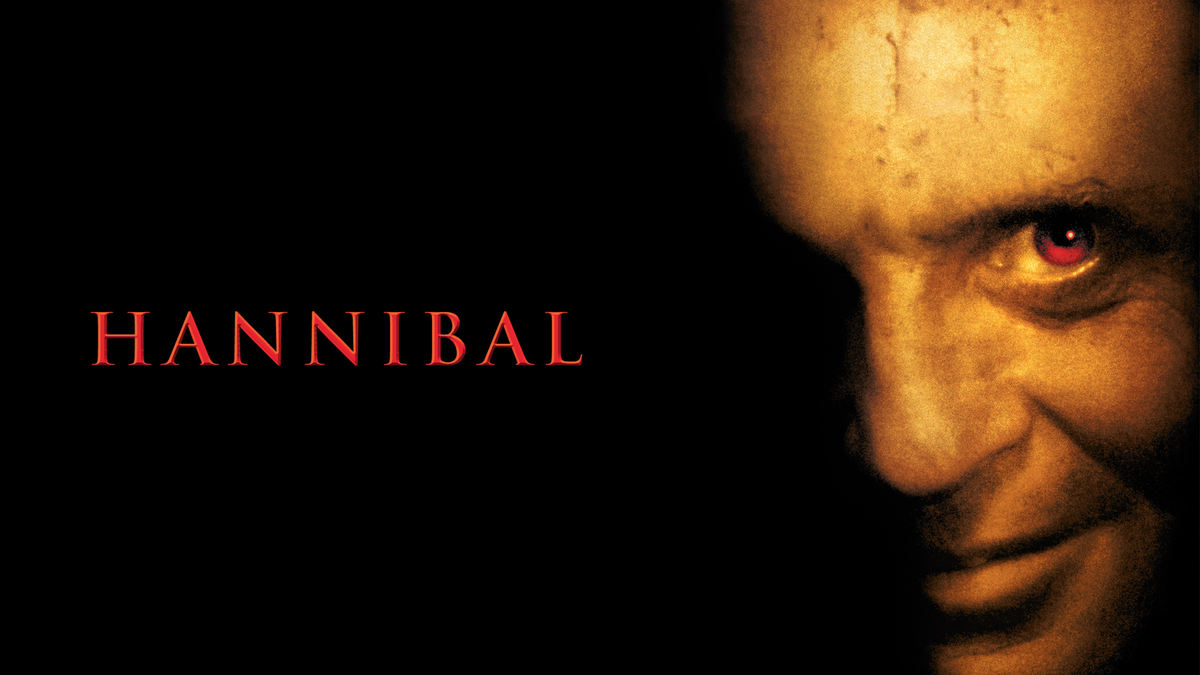
"Hannibal," directed by Ridley Scott, is set ten years after the events of "The Silence of the Lambs." The film sees Anthony Hopkins return as Dr. Hannibal Lecter, now living in Florence, Italy, under an assumed identity. Julianne Moore takes over the role of Clarice Starling from Jodie Foster.
The plot revolves around Lecter's potential capture, with three parties pursuing him: a disfigured former victim, Mason Verger (Gary Oldman), seeking revenge; Italian police inspector Rinaldo Pazzi (Giancarlo Giannini) hoping to claim a reward; and FBI agent Starling, still fascinated by the cannibalistic doctor.
"Hannibal" takes a different tone from its predecessor, leaning more into gothic horror and dark humor. It explores the complex relationship between Starling and Lecter, blurring the lines between hunter and hunted. The film also delves deeper into Lecter's character, showcasing his refined tastes in art, music, and, of course, cuisine.
The Impact and Legacy of the Hannibal Lecter Franchise
The Hannibal Lecter series has left an indelible mark on popular culture and the film industry. Its success revitalized the psychological thriller genre and influenced countless movies and TV shows. Anthony Hopkins' portrayal of Dr. Hannibal Lecter created an iconic villain that continues to fascinate audiences decades later.
The franchise popularized the concept of the forensic procedural and demonstrated that horror could be intelligent, sophisticated, and worthy of critical acclaim. "The Silence of the Lambs" winning five Academy Awards was a watershed moment for the genre, elevating its status in the eyes of critics and audiences alike.
In the realm of television, the legacy of Hannibal Lecter continued with the critically acclaimed series "Hannibal" (2013-2015), starring Mads Mikkelsen as Hannibal Lecter and Hugh Dancy as Will Graham, offering a fresh and visually stunning take on the characters' early relationship.
The Psychological Depth of the Hannibal Lecter Franchise
One of the most compelling aspects of the Hannibal Lecter franchise is its exploration of complex psychological themes. The series delves deep into the human psyche, examining the nature of evil, the thin line between genius and madness, and the psychological toll of empathizing with killers.
At the heart of this exploration is the character of Hannibal Lecter himself. As a brilliant psychiatrist turned cannibalistic serial killer, Lecter embodies the duality of human nature. His refined tastes in art, music, and cuisine stand in stark contrast to his brutal acts, challenging viewers to reconcile these opposing aspects of his personality.
The franchise also explores the psychological impact on those who hunt serial killers. Characters like Will Graham and Clarice Starling must confront their own inner darkness as they attempt to understand and capture Lecter and other killers. This blurring of lines between hunter and hunted adds a layer of psychological complexity to the narrative.
Moreover, the series delves into themes of manipulation and psychological warfare. Lecter's ability to get inside the minds of both his victims and those pursuing him is a central element of the story. His intellectual sparring matches with FBI agents and other characters showcase the power of psychological manipulation.
The franchise also touches on the concept of transformation, both physical and psychological. This is particularly evident in "The Silence of the Lambs" with the character of Buffalo Bill, but it's a recurring theme throughout the series. The idea that one can shed their old identity and emerge as something new - whether that's perceived as monstrous or transcendent - is a fascinating psychological concept that the series explores in depth.
Conclusion
The Hannibal Lecter franchise offers a unique blend of psychological horror, crime thriller, and character study that will leave you thinking long after the credits roll. As you embark on your journey through this dark and sophisticated world, prepare to be both captivated and disturbed.
Whether you choose to watch the movies in chronological order or order of release, you're in for a thrilling experience that explores the complex and chilling world of one of cinema's most iconic villains. So, as you prepare your fava beans and a nice Chianti, remember Dr. Lecter's words: "I do wish we could chat longer, but I'm having an old friend for dinner." Enjoy your viewing experience, and may it be as thrilling, unsettling, and thought-provoking as Hannibal Lecter himself.

